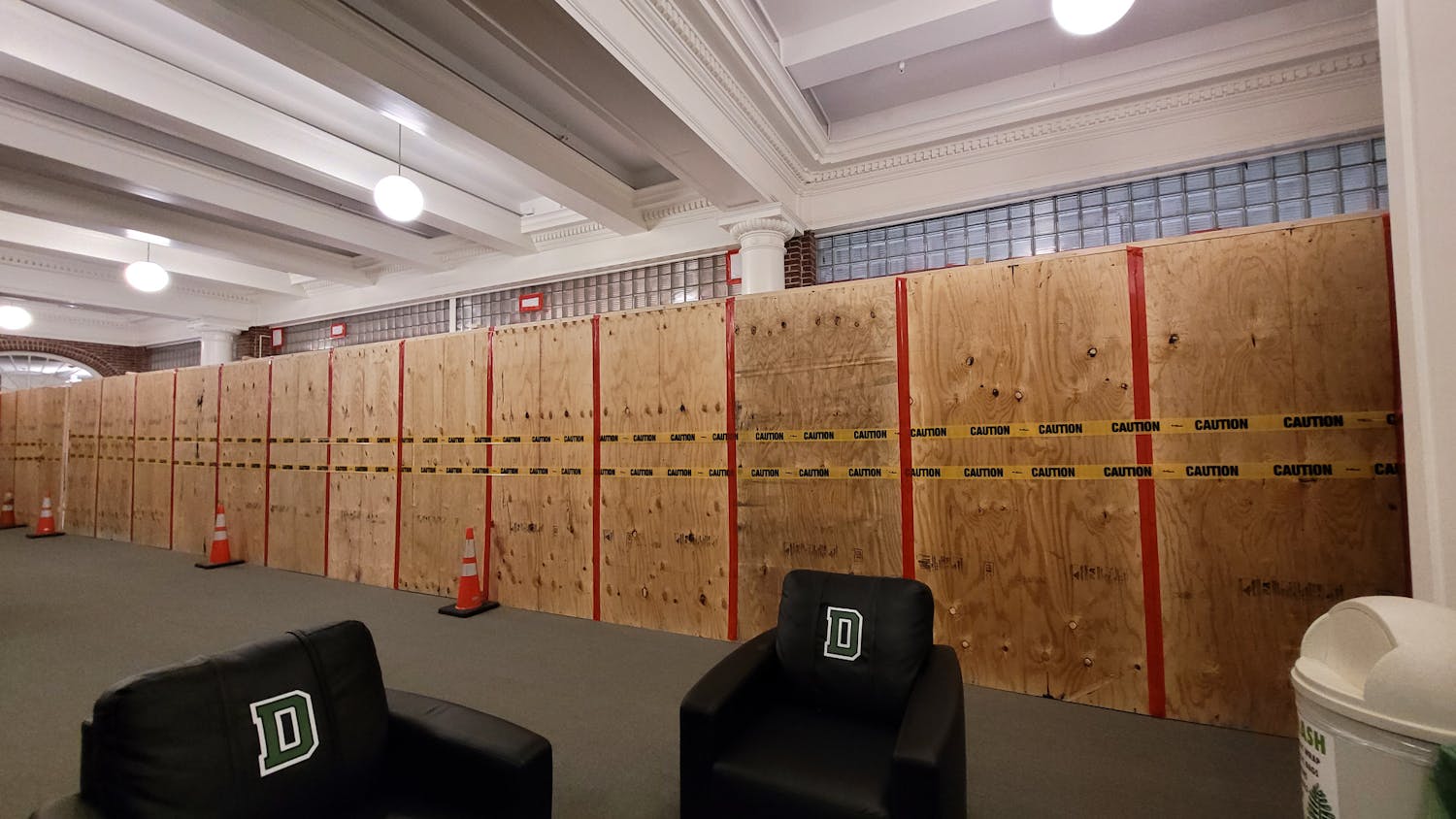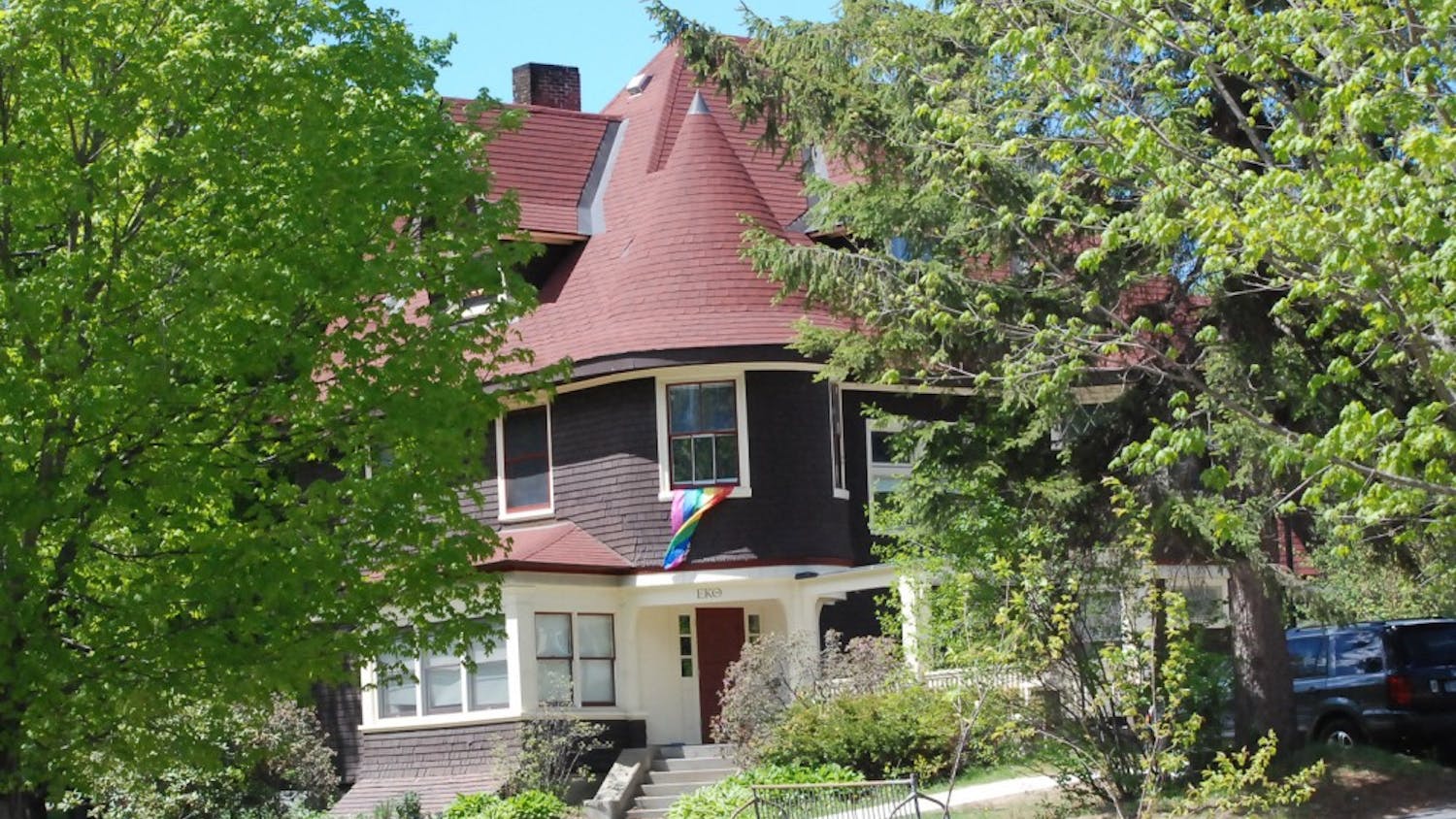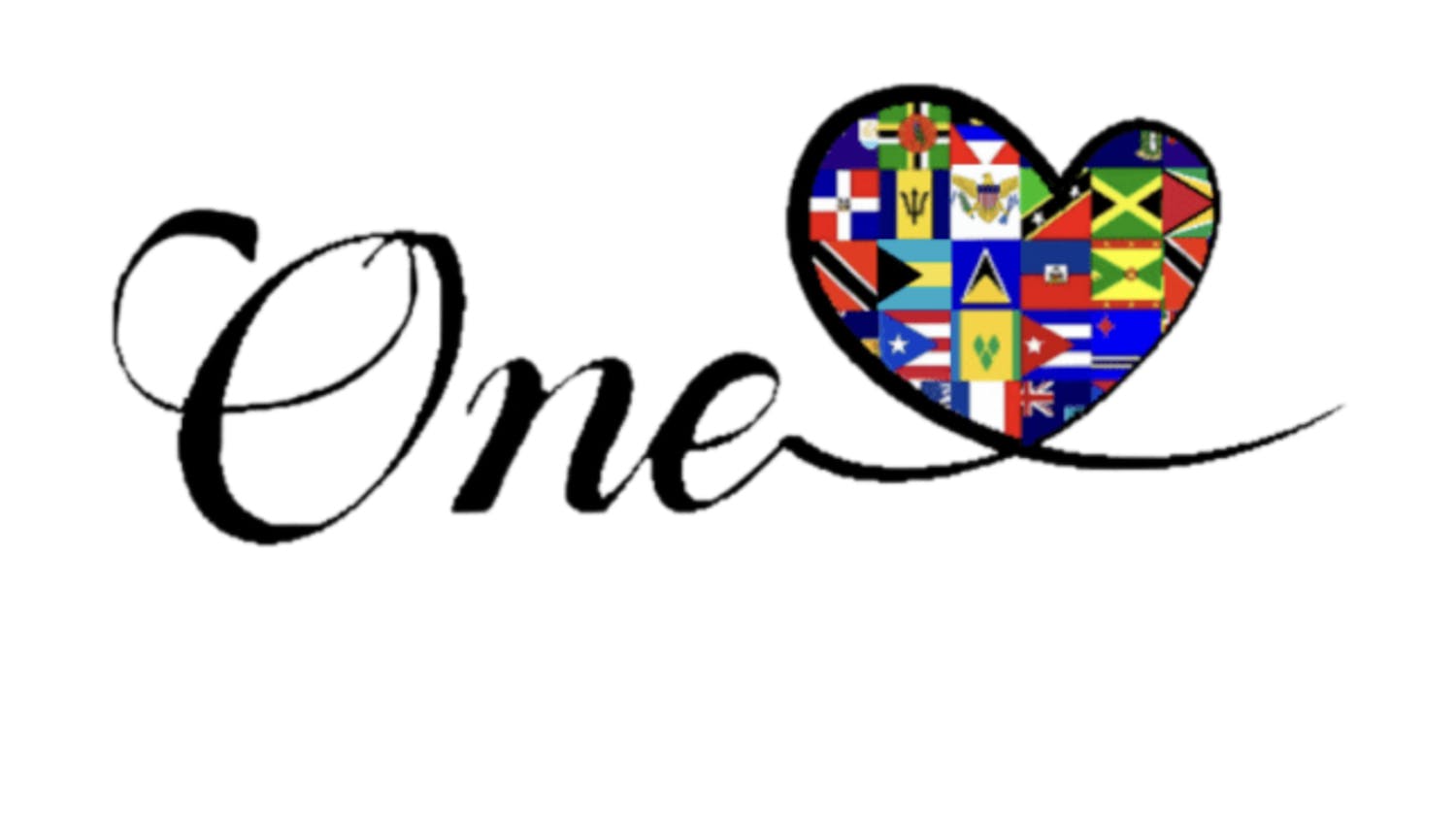Several Dartmouth alumni filed a lawsuit against the College last week, the second form of legal action the school has faced from its alumni in the last 14 months. The suit, filed on Nov. 18, states that the College violated an 1891 agreement to maintain parity on the Board of Trustees. The Order of Notice states that legal action has become more relevant in light of Dartmouth's current presidential search.
The suit mirrors the lawsuit brought against the College by the Association of Alumni in Sept. 2007. That suit was dismissed by the Association on June 27, following the election of new members to the alumni organization's executive board. A group of alumni, who campaigned on a "unity slate" to dismiss the suit, swept all 11 seats in the election and voted unanimously to dismiss the lawsuit with prejudice, meaning that the suit cannot be brought again by the Association.
The plaintiffs in the case are "third-party beneficiaries" of the agreement, and as a third party, they are able to bring the case up again despite the dismissal being "in prejudice," the statement continues.
The current lawsuit is being pursued by B.V. Brooks '47 Tu'49, Kenneth Clark '50, Marisa Deangelis Kane '83, John Plunkett '57, Douglas Raichle '66, Robert Reed '49 and John Steel III '54. Reed and Steel have been active in Dartmouth governance issues and frequently critical of College policies. Steel was the first trustee to be elected by alumni as a petition candidate.
The original lawsuit was brought in response to the Board of Trustees' Sept. 2007 decision to add eight additional Board-selected trustees to their ranks. This decision would end the parity between alumni-elected trustees and Board-selected trustees that existed since 1891. The Board voted on June 9 to set a "freeze" on its membership until the lawsuit was settled. They broke the freeze on Sept. 5, appointing five additional charter trustees.
The Order of Notice for the lawsuit states that the Association of Alumni reached a "legally binding contractual agreement" with the College in 1891 and that the agreement has been reaffirmed on "numerous occasions."
"The College's September 5, 2008 actions constitute a material breach of the College's obligations under the 1891 Agreement," the statement reads. "The Plaintiffs and the other alumni will be irreparably harmed as a direct and proximate result of such a breach."
The attorneys representing the alumni pursuing legal action -- Wadleigh, Starr and Peters -- also represented Frank Gado '58 when he took legal action in an attempt to overturn the Association's withdrawal of the suit in June. The law firm Williams and Connolly represented the Association in the earlier suit.
Gado, who held a position on the Association's executive committee before the election last spring, is also on the board of the Hanover Institute, a non-profit organization that partially funded the Association's lawsuit and typically supports causes that are critical of Dartmouth policies.
"The Hanover Institute's fingerprints are all over this," Dartmouth Alumni Council President John Daukas '84 said.
Following the Board's September announcement to add the additional five trustees, John MacGovern '80, founder of the Institute, sent an e-mail to the Institute's supporters requesting they contribute to a renewed effort to revert to parity based through legal action.
The Order of Notice states that the lawsuit is even more relevant as the Board will approve the next College president within the year.
"In light of the present configuration of the Board, the Plaintiffs and the other alumni will be disadvantageously under-represented in that important process," the statement reads.
But the lawsuit is "plainly contrary to the will of the majority of alumni," Daukas said, referring to the unity slate's victory in last spring's elections for the Association's executive board.
The suit, Daukas and Association President John Mathias '69 said, will divert Dartmouth's resources away from students, a problem that will be exacerbated by budget cuts at the College due to the recent economic crisis's effect on the endowment.
"There are other issues that are much more significant than the agendas of a small number of alumni," Mathias said, pointing to likely operational budget cuts and the presidential search.
A resurgence in alumni controversy is "not the sort of thing we need when we're trying to entice the very best person to come to Dartmouth," Daukas added.
Mathias and Daukas both acknowledged that increasing the number of alumni-elected trustees is important, but added that it is essential that alumni first work with the Board to improve the trustee election process.
"I think the first step is really getting a fairer alumni election," Daukas said, adding that he hoped to find a way to encourage higher voter turnout amongst alumni.
The Board has been working with Mathias and Daukas to try to establish a less divisive election system, and will then take steps towards increasing the number of alumni-elected trustees.
Alumni should not use legal action to resolve conflicts, Mathias said, because typically this type of action results in both parties being unhappy.
"That's okay with your typical business disputes, but for alumni we can't afford that -- we need to live with each other," he said.



